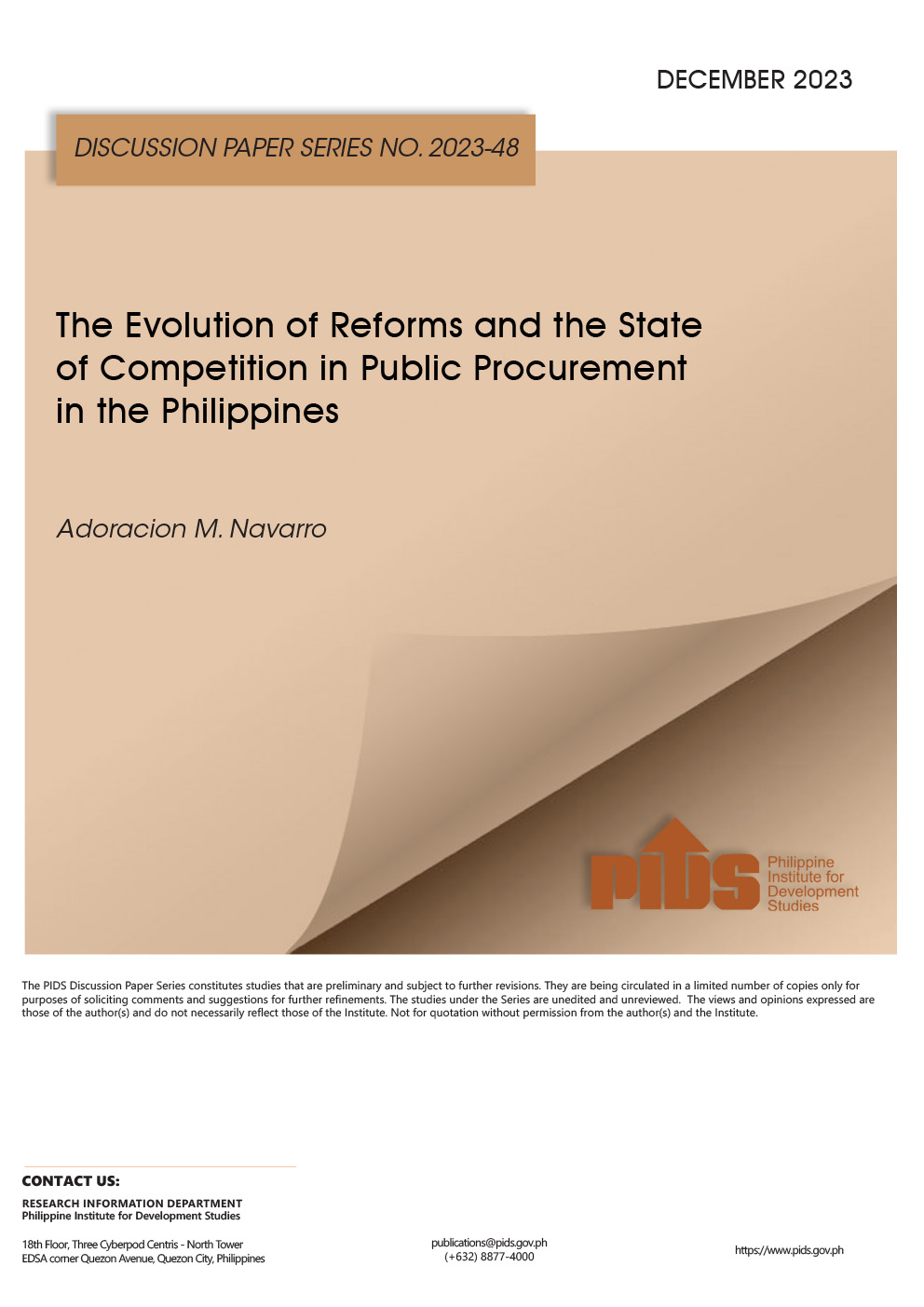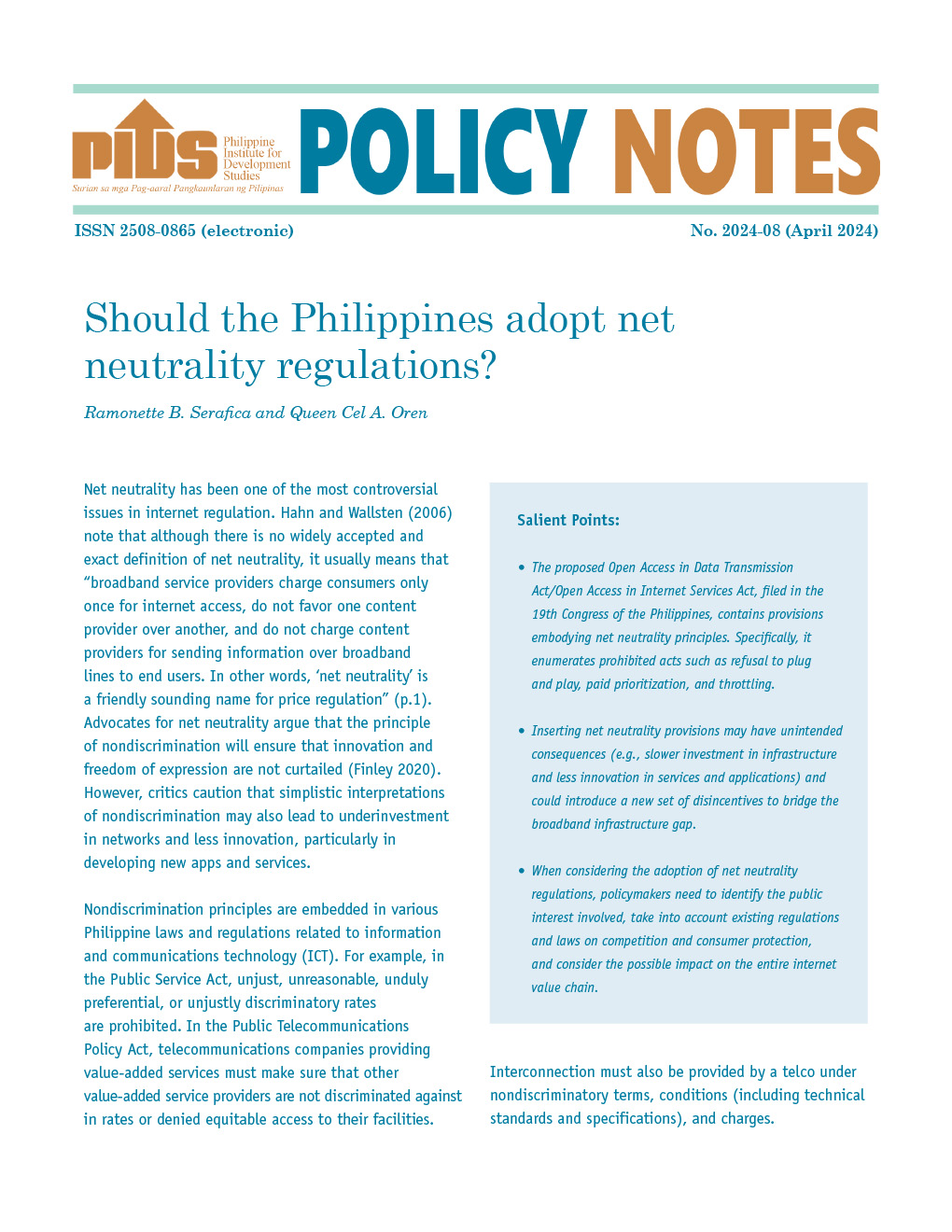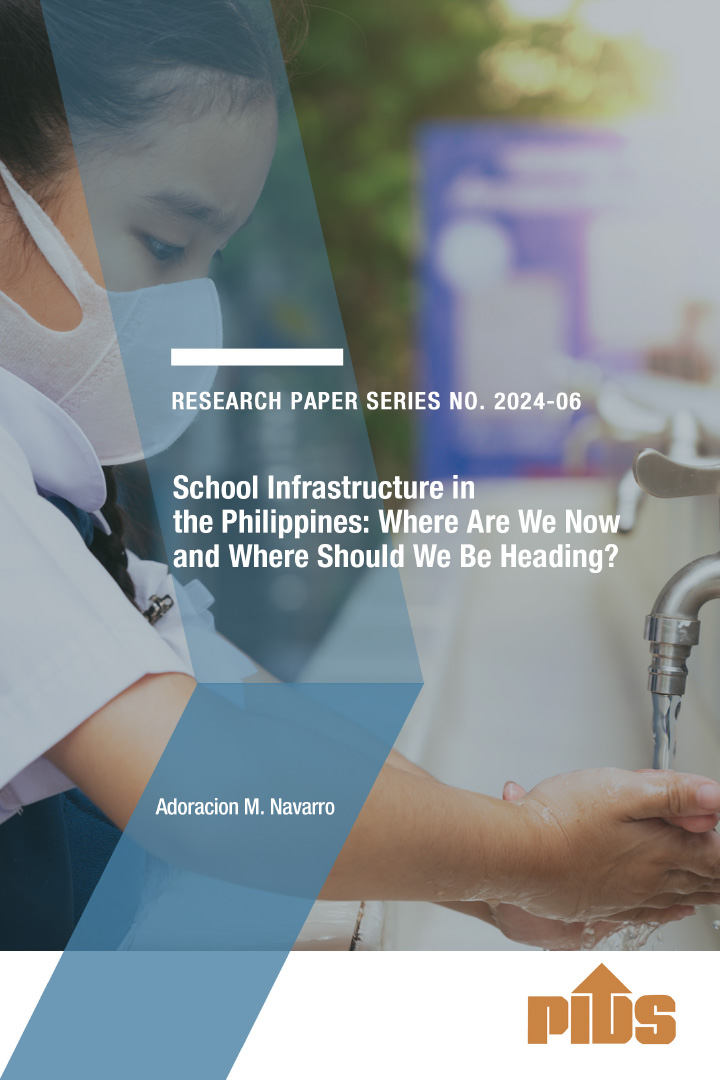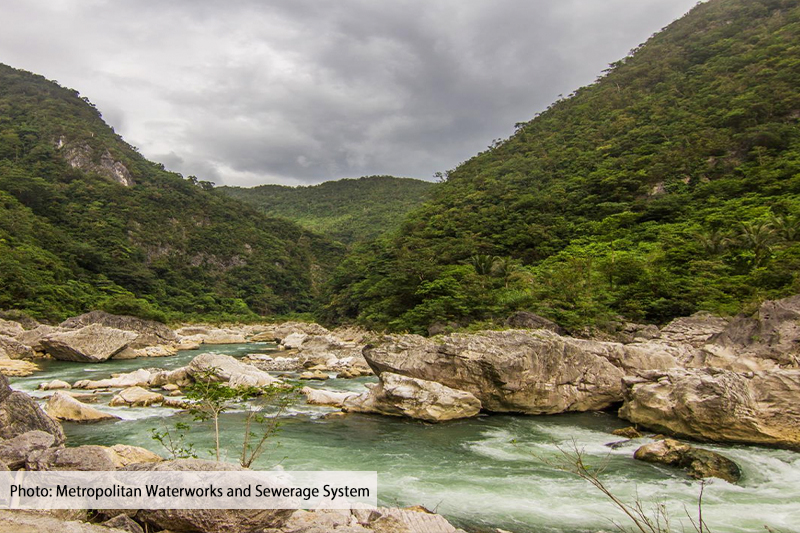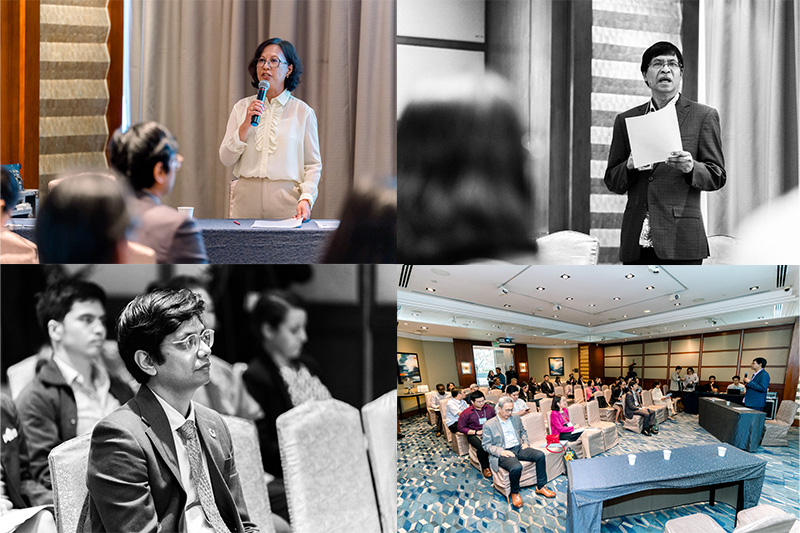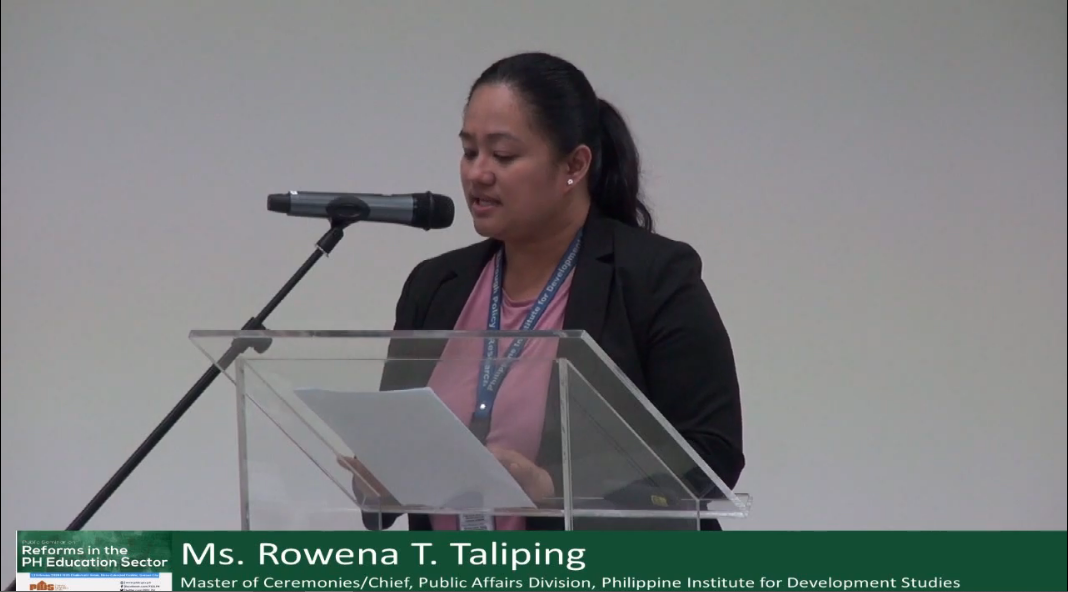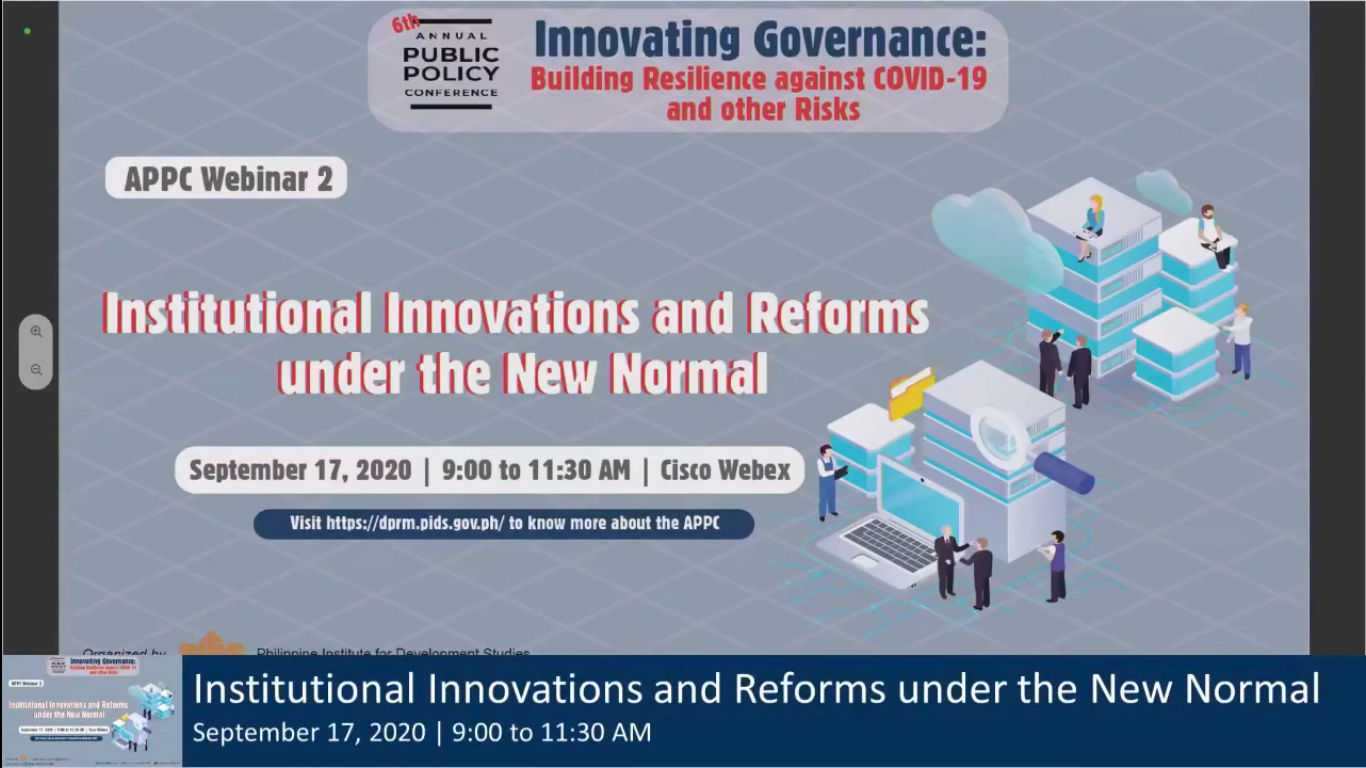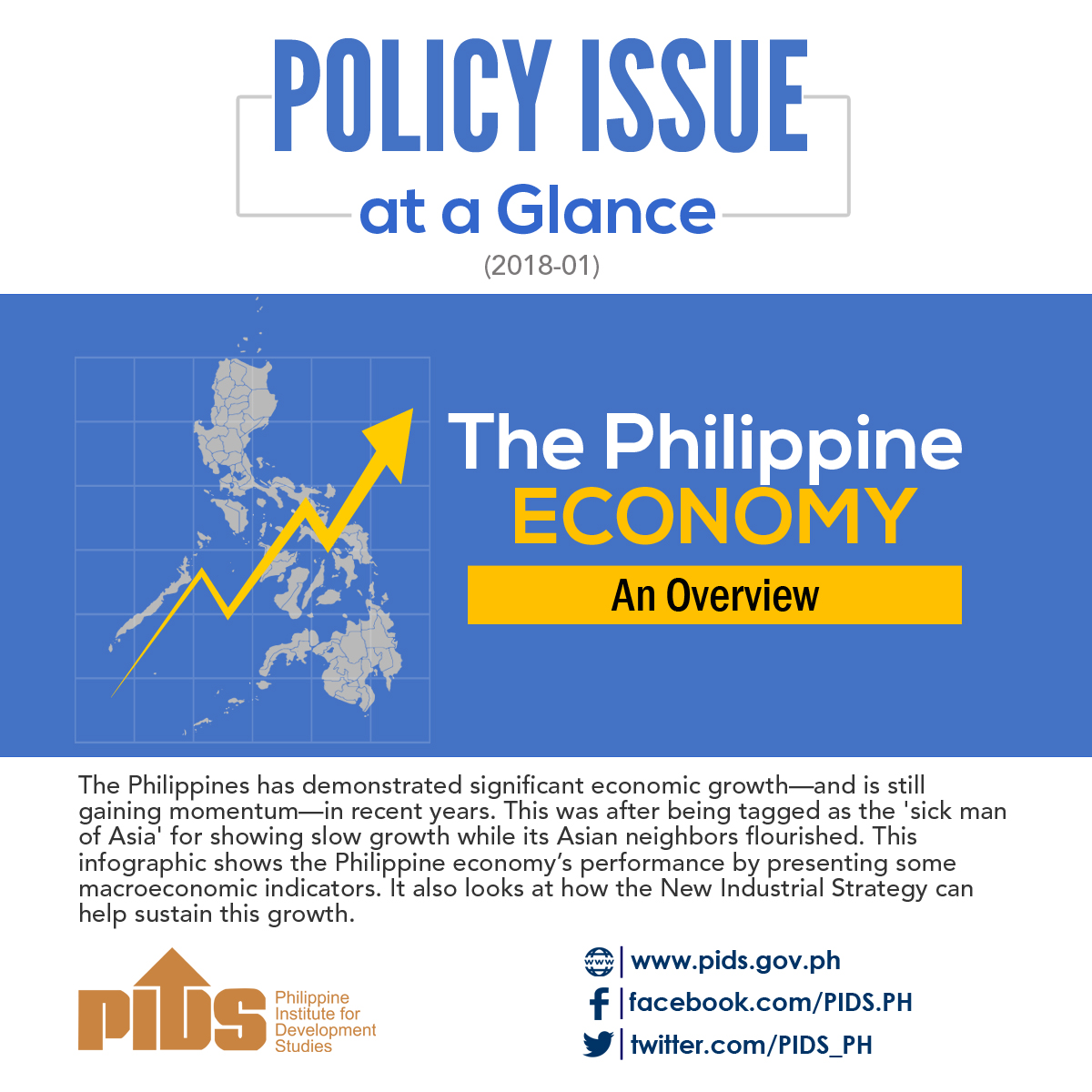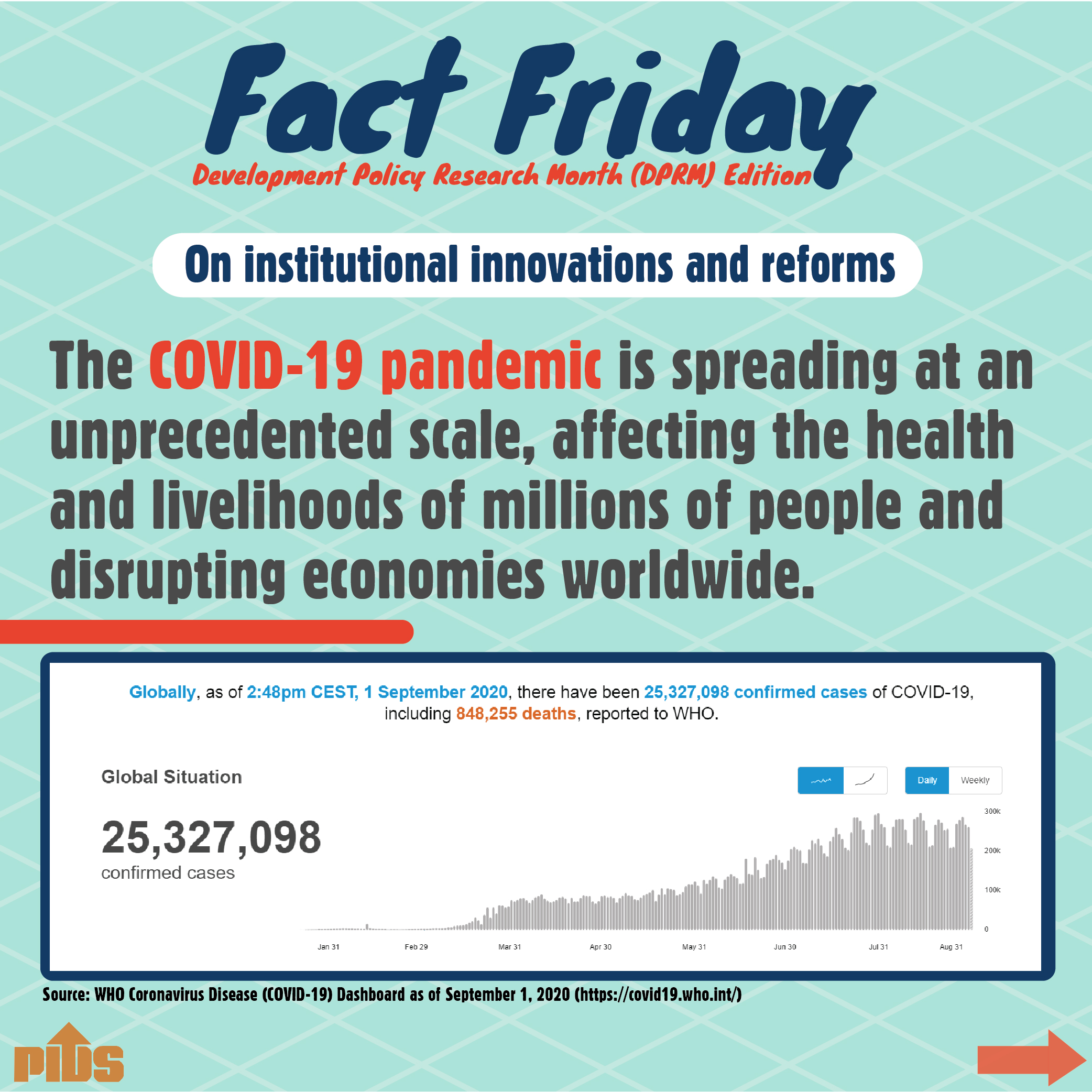The next president should institute more economic reforms to ensure inclusive growth while building on the gains of the Aquino administration, according to top economists.
"To ensure that growth can be inclusive, the first step is to create new opportunities through which everyone can participate and contribute,” Prof. Epictetus Patalinghug, a convenor of Albert Del Rosario (ADR) Institute and professor emeritus of economics and finance at the Cesar E.A. Virata School of Business of the University of the Philippines said during a roundtable discussion sponsored by ADR Institute.
Patalinghug stressed the need for an uninterrupted long-term, higher growth and sustainability where everybody will have equal opportunity to participate and contribute to economic growth.
He also said there must be credible and effective institutions to enforce the rule of law.
Patalinghug said transportation cost between rural and urban markets should be lowered to link small rural entrepreneurs to urban manufacturers and to improve their access to capital and information.
Dr. Vicente Paqueo, a visiting research fellow at the state-run think tank Philippine Institute for Development Studies (PIDS), said the Philippines should nurture the seeds embedded in key policy reforms that include foreign investment regulations, the K-to-12 program, Reproductive Health Law and the recently passed competition law.
Paqueo, a consultant for Asian Development Bank and former professor of Economics at UP said the next administration should revisit policies that don’t work or are counterproductive, such as the rice policy, regulations that make labor markets inflexible and constitutional restrictions on foreign investments.
He conceded that the government’s conditional cash transfer program or Pantawid Pamilya Program is "not a magic bullet” but is an "effective strategy” to give indigents an opportunity to rise above poverty through education and better health and nutrition.
Meanwhile, renowned economist Dr. Gerry Sicat agreed that freeing up the country to global trade will ensure growth and solve inequality, citing the case of China and Vietnam.
"Foreign capital is the free good that we have rejected since the 1940s. When I look at these developments, I see how we have been left behind,” Sicat said.
Ferdie Diaz, co-chairman of the Technical Working Group on Labor and Social Policy Issues of the Employers Confederation of the Philippines said "jobless growth had been the most evident consequence of inadequacy in foreign direct investment.”
"Even Vietnam is ahead of us in terms of reducing poverty. According to estimates, about 20 million Filipinos are currently unemployed, underemployed, or engaged in low-productivity employment,” said Diaz.
He said the solution is in agriculture, which at its current state "suffers from low productivity” and adds little value to the industry or other sectors. Poor rural infrastructure and insufficient access to financing are among key impediments to the development of the industry, he added.
"Neglect of this sector can be seen in its declining share of the GDP over the years even as the sector accounts for about 35 percent of the labor force and 70 percent of the poor,” Diaz said.
He lamented that investments in infrastructure are also lackluster, with the country spending only three percent of the GDP in the countryside.
Prof. Dindo Manhit, president of ADR Institute, underlined the need for the government to commit to a "big push” that will open up the country to job generating capital investments. Also, government should address port and airport congestion, an abysmal public transportation system, and the high cost of power.//

